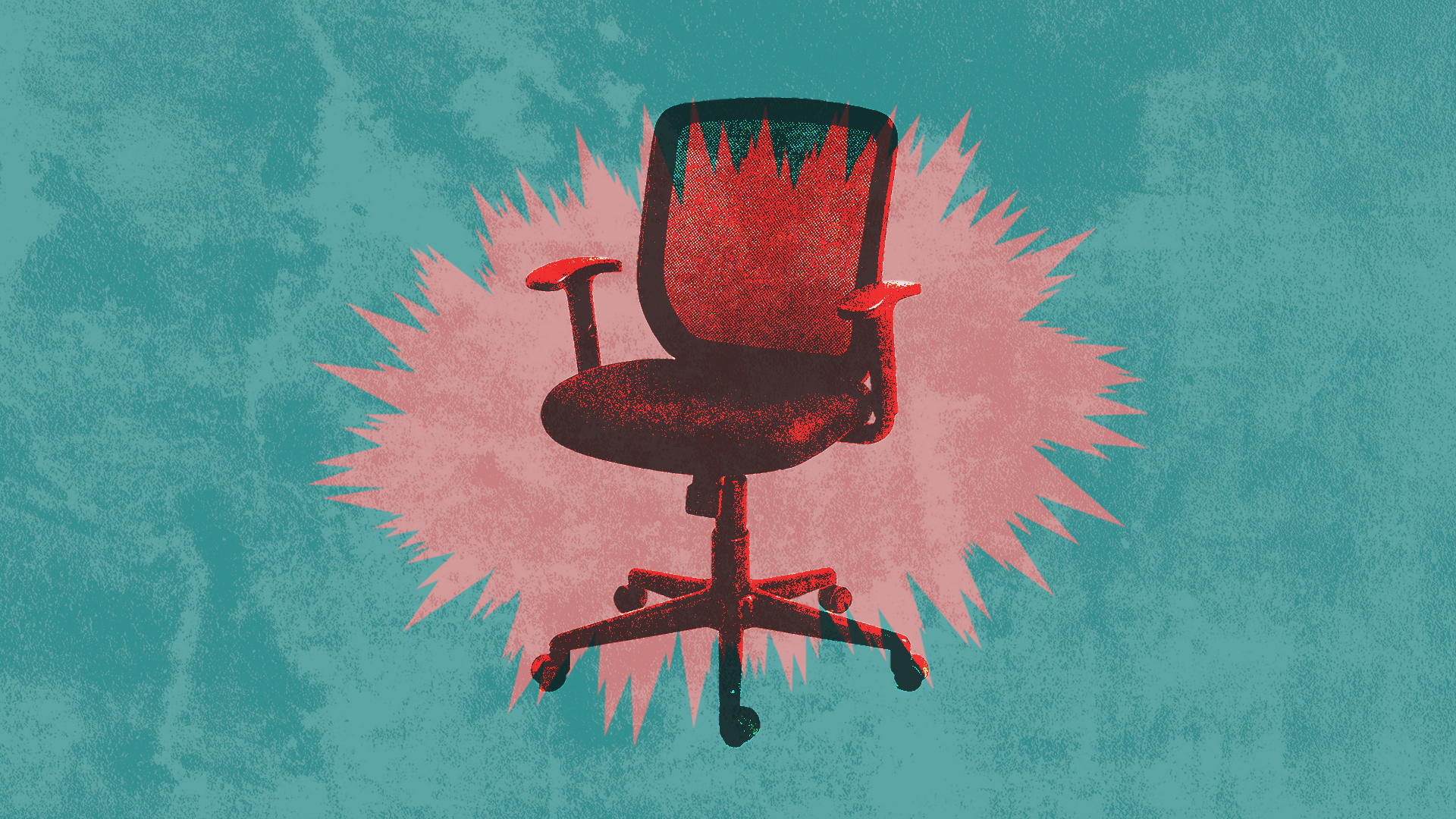
"According to a piece by The Guardian, Bupa surveyed 8,000 workers on their feelings toward hybrid work and office responsibilities earlier this year. Gen Z's apparent drive for offices and traditional desks appears to be fuelled by an innate loneliness, with 38% saying they feel 'socially isolated' due to their work setup. This is notably more than their older peers."
"We've mentioned the phenomena of 'taskmasking' before, whereby young people are now having to learn the traditional art of pretending to be constantly productive for the first time as they return to real offices. In many ways, the conventional brick-and-mortar setup is likely regarded as fairly novel to a generation that came of age during the pandemic. Zoom calls, virtual hangouts and isolated home offices are standard practice, rather than the exception."
"There are many intrinsic positives to a workplace, especially for creatives. Casual chatter, making lifelong friendships, finding romantic partners and enjoying social nights out have always been an important pillar in company offices. Ask Gen X's where they met their partners and a big majority are likely to tell you it was at work, on a Friday night out, sometime in the 1990s."
Survey data indicate that 45% of young people are considering jobs with more social interaction, office time, and in-person events. Bupa surveyed 8,000 workers about hybrid work and office responsibilities earlier this year; Gen Z report higher loneliness, with 38% feeling socially isolated because of their work setup. Many young workers perceive traditional offices as novel after the pandemic, having adapted to Zoom calls, virtual hangouts, and isolated home offices. Taskmasking has emerged as a return-to-office challenge. Workplace environments offer casual chatter, friendships, potential romantic relationships, and social events that many Gen Z, who primarily connect digitally, now desire.
Read at Thred Website
Unable to calculate read time
Collection
[
|
...
]